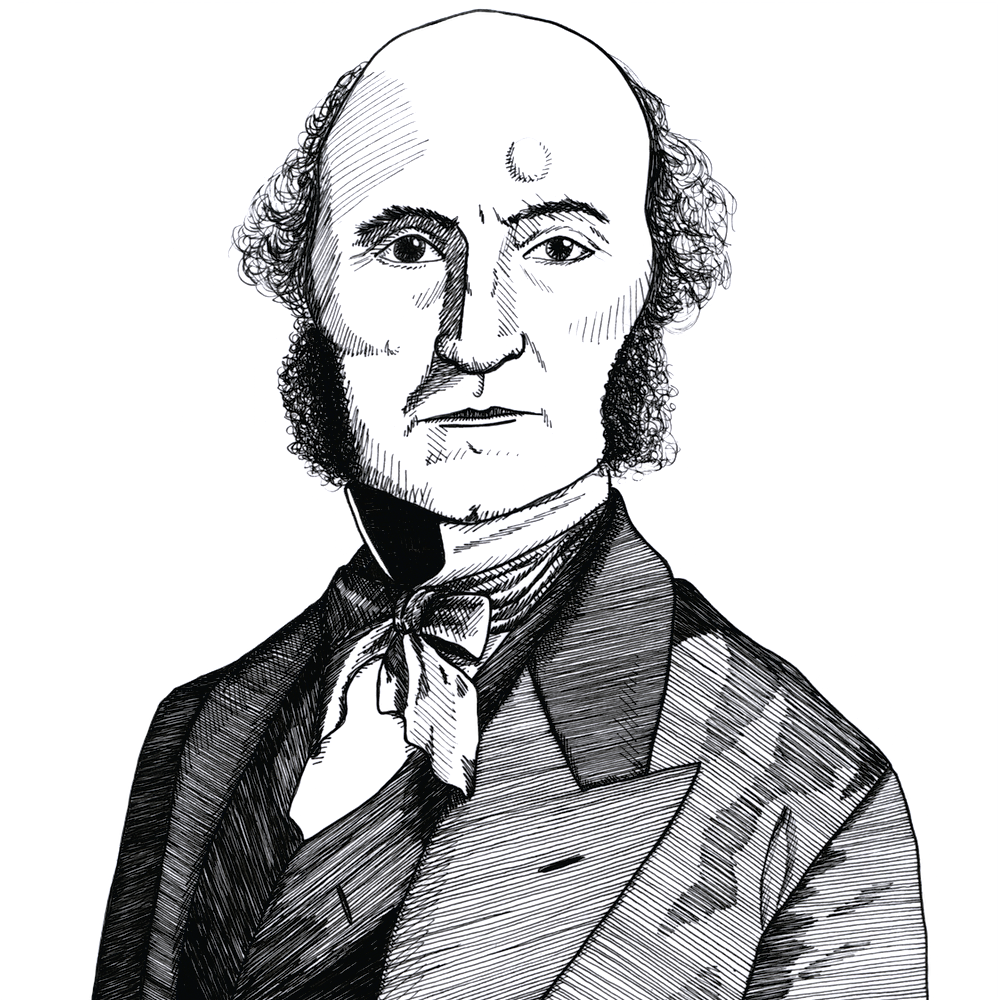
J.S. Mill on the wife as the “actual bondservant of her husband” in the 19th century (1869)
Found in: The Collected Works of John Stuart Mill, Volume XXI - Essays on Equality, Law, and Education
John Stuart Mill was one of the few classical liberals in the 19th century to object to the unequal nature of the so-called “marriage contract”. He questioned whether the consent of both partners to the contract was properly given, whether women were free to act on their own accord, or whether they had control of their own property. He concluded that a wife was no more than the “bondservant of her husband”:
Women’s Rights
… men suppose that all is now as it should be in regard to the marriage contract; and we are continually told that civilization and Christianity have restored to the woman her just rights. Meanwhile the wife is the actual bondservant of her husband: no less so, as far as legal obligation goes, than slaves commonly so called. She vows a lifelong obedience to him at the altar, and is held to it all through her life by law. Casuists may say that the obligation of obedience stops short of participation in crime, but it certainly extends to everything else. She can do not act whatever but by his permission, at least tacit. She can acquire no property but for him: the instant it becomes hers, even if by inheritance, it becomes ipso facto his. In this respect the wife’s position under the common law of England is worse than that of slaves in the laws of many countries…